Only though research will we achieve our goal of Ending MS
For patients with multiple sclerosis, their families and caregivers, the decision to participate in receiving an experimental treatment or enter a clinical trial is a challenging one. The MS Clinic is actively involved in performing MS Clinical trials. MS clinical trials are carefully designed research to determine the effectiveness and safety of a drug or device in humans.
Currently Recruiting
-
It is well known that people with progressive neurological conditions such as Parkinson’s disease (PD) or Multiple Sclerosis (MS) often encounter challenges with driving related to physical and cognitive symptoms and progression of their condition. Currently, there is a lack of programming to provide education and self management skills to support individuals to either continue driving or retire from driving at the appropriate time. Decisions on Driving, an educational workbook was developed to fill this gap by providing individuals with neurodegenerative conditions the tools to make informed decisions surrounding their driving. This workbook has been developed into a group based program that is run over the course of three sessions. We are currently recruiting individuals to participate in the Decisions on Driving program and provide feedback on its content. This is a UBC study.
What is involved:
You will be asked to join three, 1 hour group based sessions over zoom and complete a questionnaire both before and after the sessions.
Who can participate:
• Definitive diagnosis of Parkinson’s disease (PD) or Multiple Sclerosis (MS)
• Current driver with valid Class 5 license
• Able to read and communicate in English
• Able to attend scheduled Decisions on Driving program dates
• Access to computer, smartphone or tablet with Zoom technology
Exclusion Criteria:
• People who have been identified by Road Safety BC or another entity as requiring a driving assessment
• People who have been determined not fit to drive
Principle Investigator: Dr. Susan Forwell, UBC Department of Occupational Science and Occupational Therapy
Primary Contact: Janine Pochurko
-
It all begins with an idea. Maybe you want to launch a business. Maybe you want to turn a hobby into something more. Or maybe you have a creative project to share with the world. Whatever it is, the way you tell your story online can make all the difference.
-
It all begins with an idea. Maybe you want to launch a business. Maybe you want to turn a hobby into something more. Or maybe you have a creative project to share with the world. Whatever it is, the way you tell your story online can make all the difference.
FAQs
-
The UBC Hospital MS Clinic is involved in many different kinds of research. Research helps us gain knowledge to find new treatments and cures. There are two types of research. Researchers conduct research to test scientific developments. There is also research that involves humans and this is called clinical research. There are many different types of clinical research but clinical trials investigate new drugs, combination of drugs, drug treatments and medical devices.
A clinical trial must be done before a new drug or device can be marketed to the general public. A clinical trial has three main goals:
Safety: The clinical trial must prove that a medication or medical device is safe for use by the public.
Effectiveness: The clinical trial must prove that the new medication is effective.
Side-Effects: The clinical trial must ensure the new medication has few side-effects to cause harm.
Clinical trials are closely regulated and investigators must be given permission to test a new drug under extremely strict regulations.
-
Phase I trials (Rarely done at UBC Hospital MS Clinic) – Researchers test an experimental drug or treatment in a small group of volunteers to evaluate safety, determine safe doses and identify side effects.
Phase II trials – Researchers test an experimental drug or treatment which is given to a larger group of volunteers to investigate the effectiveness and to further evaluate its safety. Researchers compare the responses of the group given the treatment to others given a placebo or other medication.
Phase III trials - The experimental drug or treatment is given to large groups of people to confirm its effectiveness, monitor side effects, compare it to commonly used treatments and determine the potential side effects of the medication, the long-term effects and any complications that may occur.
Phase IV trials – Post marketing studies conducted to determine long-term risks, benefits and overall optimal use.
-
Each clinical trial has a different criteria for who can participate and strict requirements, eg. age, current health and medical history. In order to take part in a clinical trial you must agree to be involved in that particular study. Your physician will ask you if you are interested in taking part in a particular study if he/she thinks you qualify for that study.
In order to be included in a clinical trial you must agree to be involved and you may drop out of the research at any time. Your present and future medical care at the MS Clinic will be the same whether or not you agree to participate.
All clinical trial procedures, risks and benefits are explained in detail in the letter of information and consent.
-
Potential participants in a clinical trial are given information documents by those overseeing the trial which clearly explain:
the study purpose
study procedures
length of the study
benefits and risks of taking part in the trial
what other treatments are available
taking part is your choice
participants may ask questions or withdraw at any time before, during or after the trial.
Participants will also be asked to sign a consent form which will also indicate the “Principal Investigator” you should contact if you have any questions or require any additional information.
Research staff will always safeguard your health and put the patient’s interest first and foremost.
